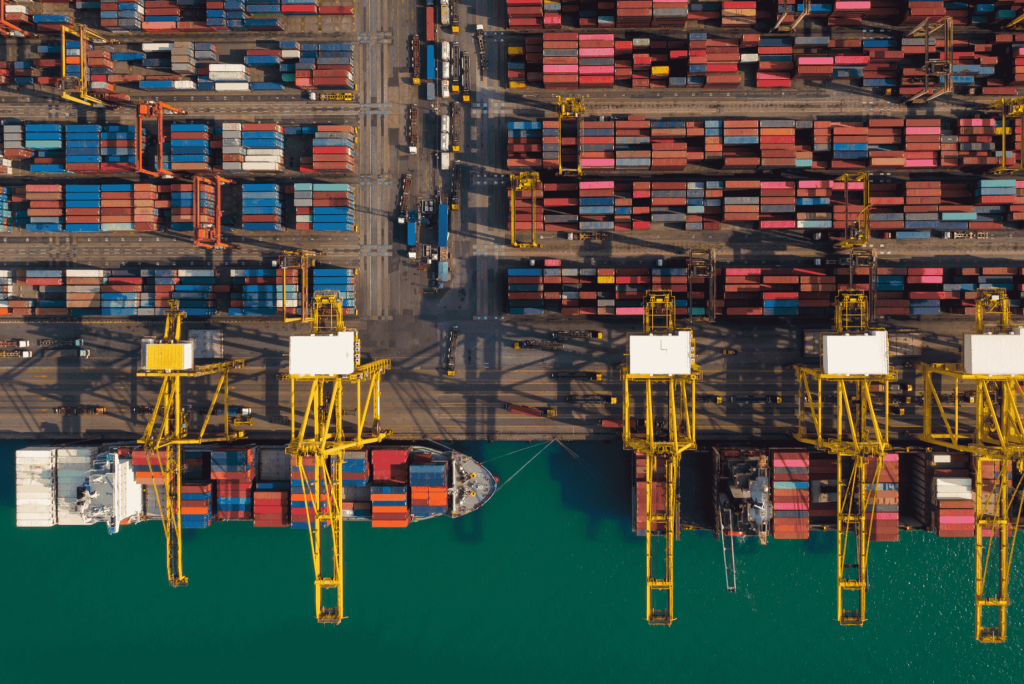Learn what key details your company should share with its IOR solutions partner to ensure a smooth and successful import process from start to finish.
Bringing goods into an international market requires a thorough understanding of numerous elements, such as tariffs, taxes, regulations, documentation, costs, insurance, and transit times. An Importer of Record (IOR) partner takes on these complexities, acting as the importer in regions where the client has no legal entity or representation. This partner assumes the legal responsibility, handling customs, tariffs, taxes, and compliance procedures.
At Aerodoc, we’ve become a vital partner by customizing our IOR solutions based on each company’s size, type of goods, volume, and specific needs. We manage every aspect of the logistics process to ensure seamless product delivery, from sales, distribution, and warehousing to final delivery with door-to-door service.
Essential Information for Optimizing IOR Solution
To plan an efficient operation, it’s crucial to have basic details and a comprehensive understanding of the client’s business needs. Carolina Muller, VP of Business Development at Aerodoc, explains, “When a client requires import and export management from anywhere in the world, we need precise product information, value, and relevant tariff codes to provide an accurate quote.”
Key data required for a flawless solution
- Company and Product: Name, address, key contacts, operating hours, type of goods, dimensions, weight, labeling, technical details, packaging, quantity, and special handling requirements (e.g., refrigeration, fragility, hazardous materials).
- Operations: Shipment frequency (daily, weekly, monthly), volume, and number of shipments.
- Transportation: Pickup and delivery addresses, route or transit path, transportation preferences (truck, rail, air, sea), delivery timelines, and special logistics considerations.
- Customs and Tariff Code: Documentation for international shipments such as commercial invoices, certificates of origin, packing lists, etc.
- Payment and Insurance: Agreed payment terms, insurance coverage for transported goods, and other relevant financial agreements.
- Performance Indicators: Specific criteria and objectives the company aims to meet, such as delivery times, transport costs, and inventory accuracy.

By gathering this information, we can efficiently coordinate import operations and tailor them to each company’s needs.
“It’s important to have a full picture of the operation since it helps us understand the goal behind the import and how it fits into our client’s business cycle,” emphasized Estefanía Sisatzky, Senior VP of Operations & Customer Service at Aerodoc.
A Comprehensive View of the Logistics Process
For an optimized IOR solution, we need to understand the next steps for the goods once they enter the destination country—how they will be used, who the recipient is, and whether there are deadlines or if the goods are part of a larger project.
“The more we know about how this shipment supports our client’s business, the better we can design and track the IOR solution, ensuring there are no issues as the project progresses,” Sisatzky added.

It’s also essential to have precise details about the shipment’s origin, such as when the goods will be ready, whether it’s a purchase or production item, the pickup address—or if it will be sent to one of our strategic hubs—and whether it’s an integrated solution from multiple suppliers or a one-time purchase.
Aerodoc’s DDP with IOR Service
Our one-stop solution ensures a seamless experience for you. Aerodoc provides efficient door-to-door deliveries and last-mile services, managing all customs requirements, compliance, and documentation. You can trust us to deliver your goods on time and hassle-free.
By choosing Aerodoc as your registered importer, you gain a competitive edge, allowing you to confidently expand your business worldwide. If you’re looking for a strategic partner with a reach in over 172 countries, consult our specialized team today.




